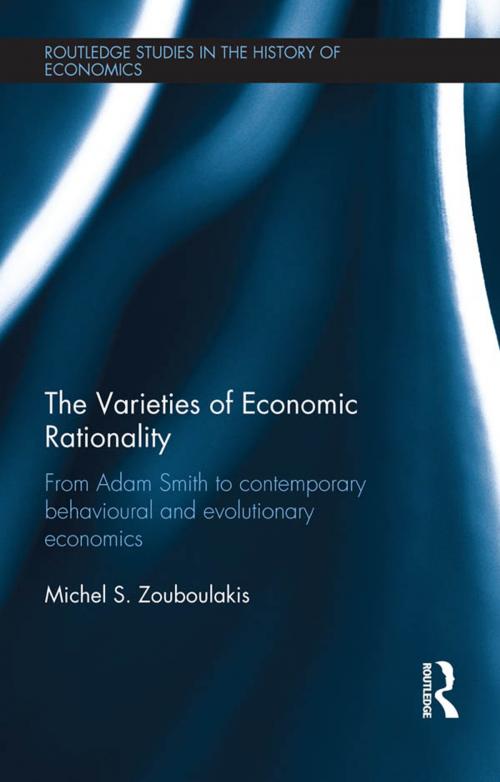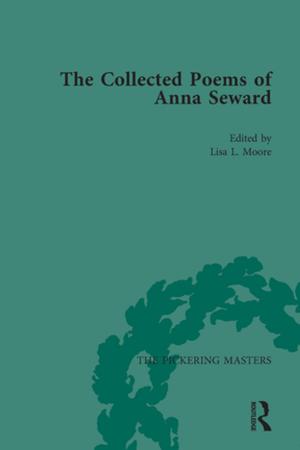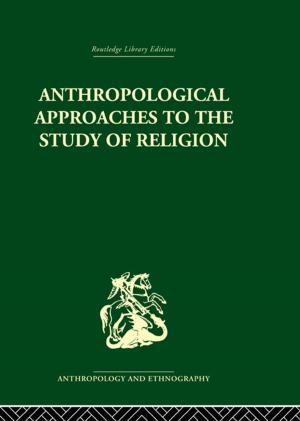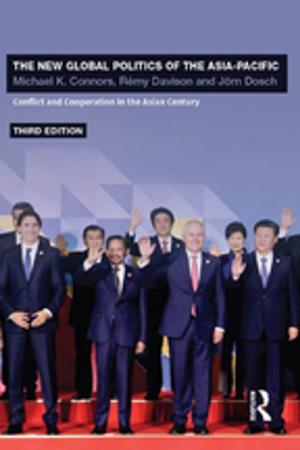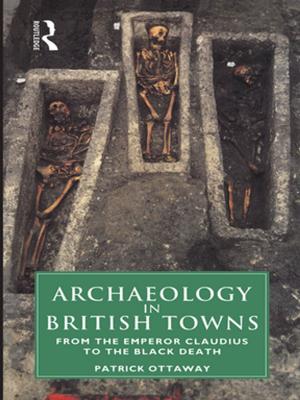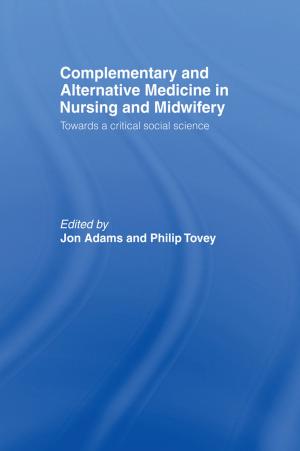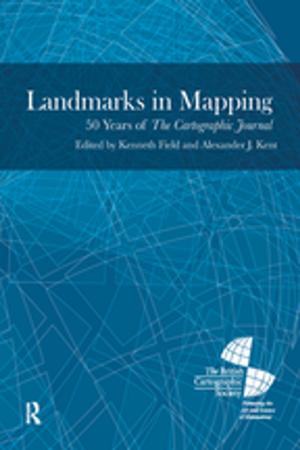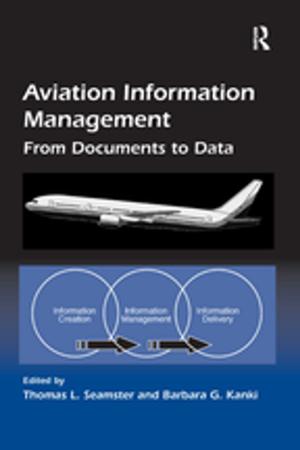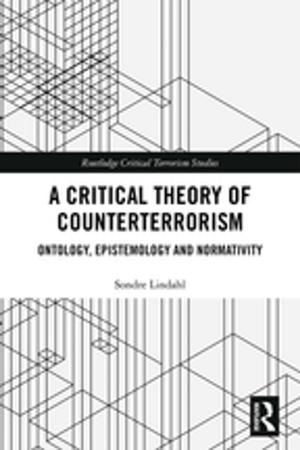The Varieties of Economic Rationality
From Adam Smith to Contemporary Behavioural and Evolutionary Economics
Business & Finance| Author: | Michel Zouboulakis | ISBN: | 9781317817482 |
| Publisher: | Taylor and Francis | Publication: | January 21, 2014 |
| Imprint: | Routledge | Language: | English |
| Author: | Michel Zouboulakis |
| ISBN: | 9781317817482 |
| Publisher: | Taylor and Francis |
| Publication: | January 21, 2014 |
| Imprint: | Routledge |
| Language: | English |
The concept of economic rationality is important for the historical evolution of Economics as a scientific discipline. The common idea about this concept -even between economists- is that it has a unique meaning which is universally accepted. This new volume argues that "economic rationality" is not not a universal concept with one single meaning, and that it in fact has different, if not conflicting, interpretations in the evolution of discourse on economics. In order to achieve this, the book traces the historical evolution of the concept of economic rationality from Adam Smith to the present, taking in thinkers from Mill to Friedman, and encompassing approaches from neoclassical to behavioural economics.
The book charts this history in order to reveal important instances of conceptual transformation of the meaning of economic rationality. In doing so, it presents a uniquely detailed study of the historical change of the many faces of the homo oeconomicus .
The concept of economic rationality is important for the historical evolution of Economics as a scientific discipline. The common idea about this concept -even between economists- is that it has a unique meaning which is universally accepted. This new volume argues that "economic rationality" is not not a universal concept with one single meaning, and that it in fact has different, if not conflicting, interpretations in the evolution of discourse on economics. In order to achieve this, the book traces the historical evolution of the concept of economic rationality from Adam Smith to the present, taking in thinkers from Mill to Friedman, and encompassing approaches from neoclassical to behavioural economics.
The book charts this history in order to reveal important instances of conceptual transformation of the meaning of economic rationality. In doing so, it presents a uniquely detailed study of the historical change of the many faces of the homo oeconomicus .
